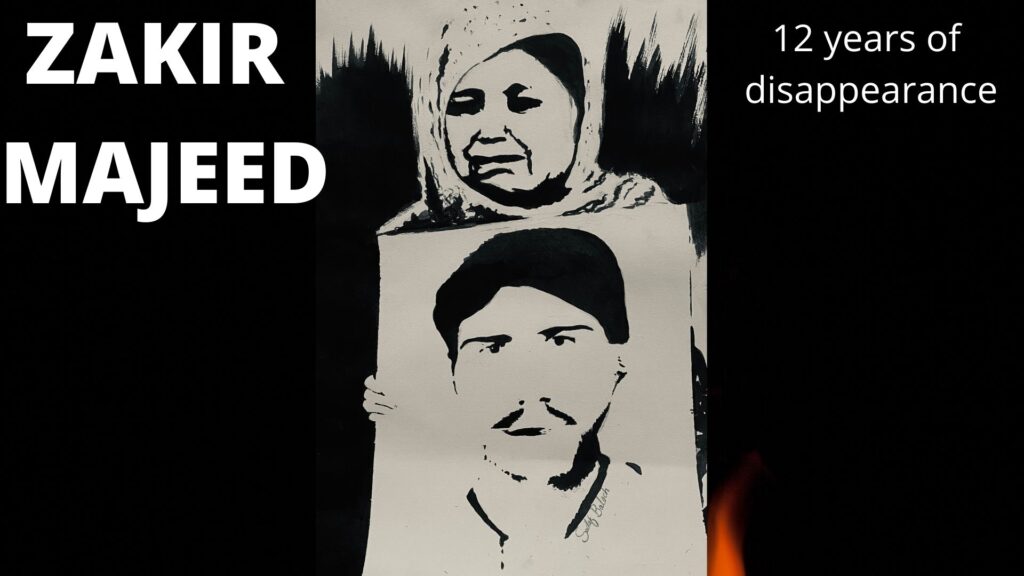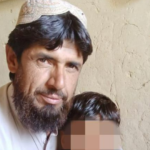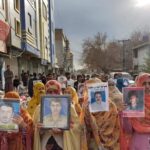Zakir Majeed, a student leader was abducted by personnel of intelligence agencies on 08 June 2009, in Mastung area of Balochistan. He was accompanied by two friends. His friends, Waheed and Basit, were released later; however, the authorities have said nothing on charges, health and whereabouts of Zakir Majeed, even 12 years of his abduction.
Zakir was a university student, doing his masters in English Literature. He would have completed his masters by now. However, being critical towards policies and militarization of Balochistan, he forcibly disappeared by state on June 8, 2009.
From police report, to court petitions and from protests to a thousands mile Quetta to Islamabad long march, the family and friends of Zakir Majeed have left no stone unturned, to find a trace of him, but the state is responding with denial and silence on the matter. Even the international human rights mechanisms have not been able to play a role in his recovery, besides the fact that Zakir Majeed had played a key role in safe recovery of an abducted UN envoy in Balochistan, in 2009.
The abduction, disappearance of Zakir and the failure of local remedies are pushing the public farther to the end line, where people expect nothing good from the state and international bodies. This, on a long run, would put the region in harder situation, as a state acts illegally against its own citizens, while on the other hand enjoys membership in United Nations Human Rights Council.
Human Rights Council of Balochistan (HRCB) shares the pain of Zakir’s family and calls upon the Pakistani authorities to produce Zakir Majeed and other disappeared persons without any further delay.
HRCB is concerned about safety of Zakir Majeed, as his disappearance completed 12 years today.


